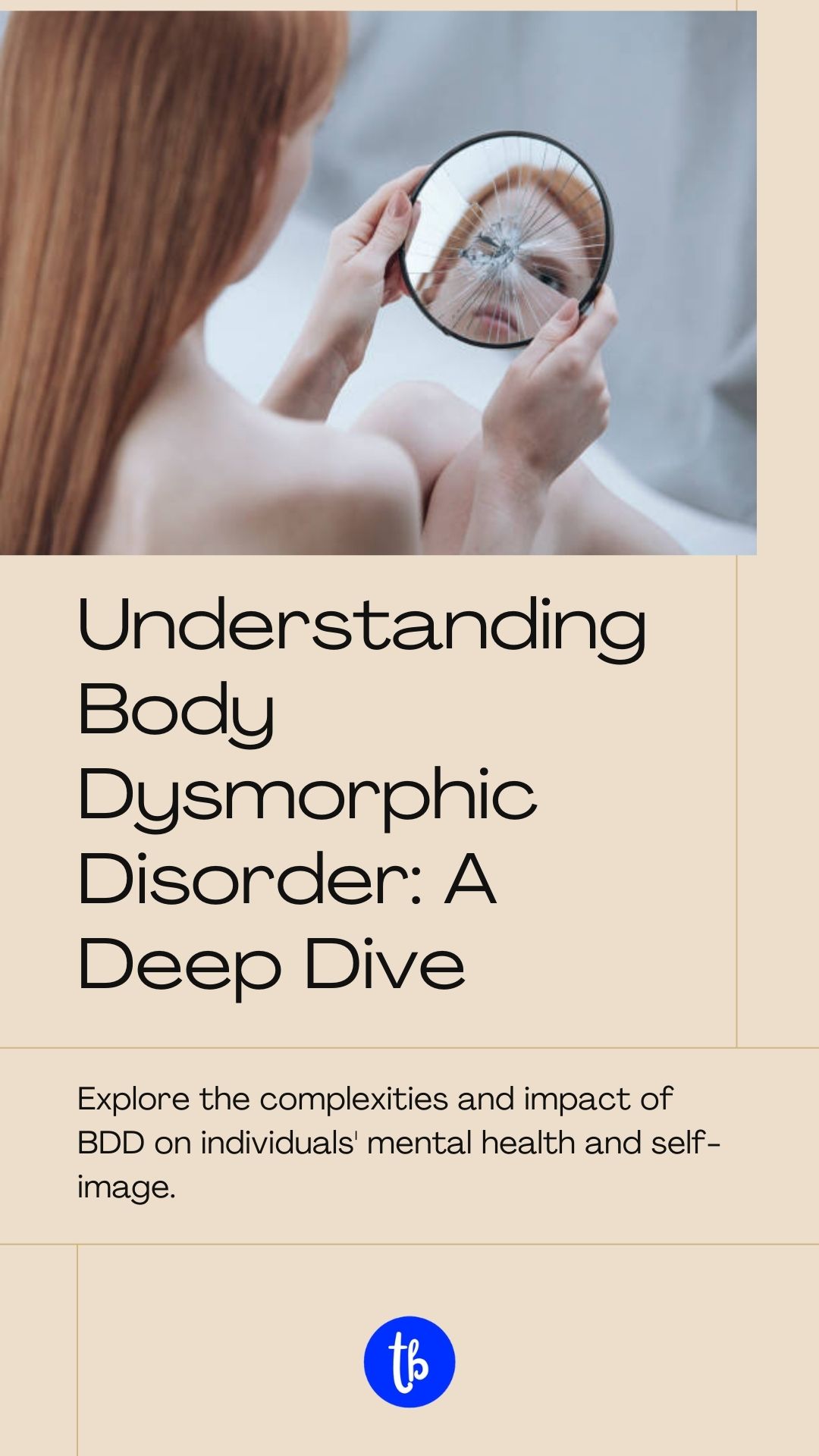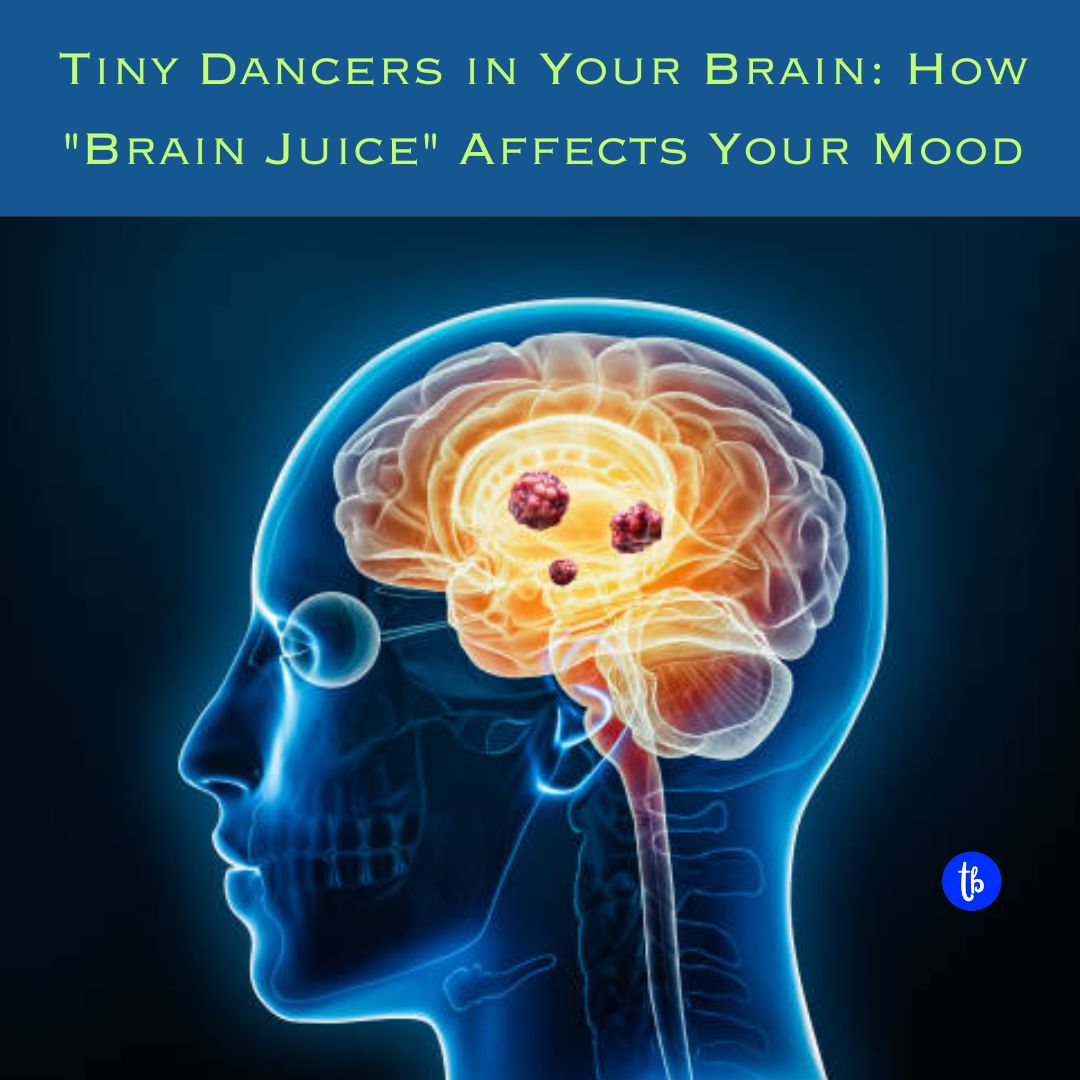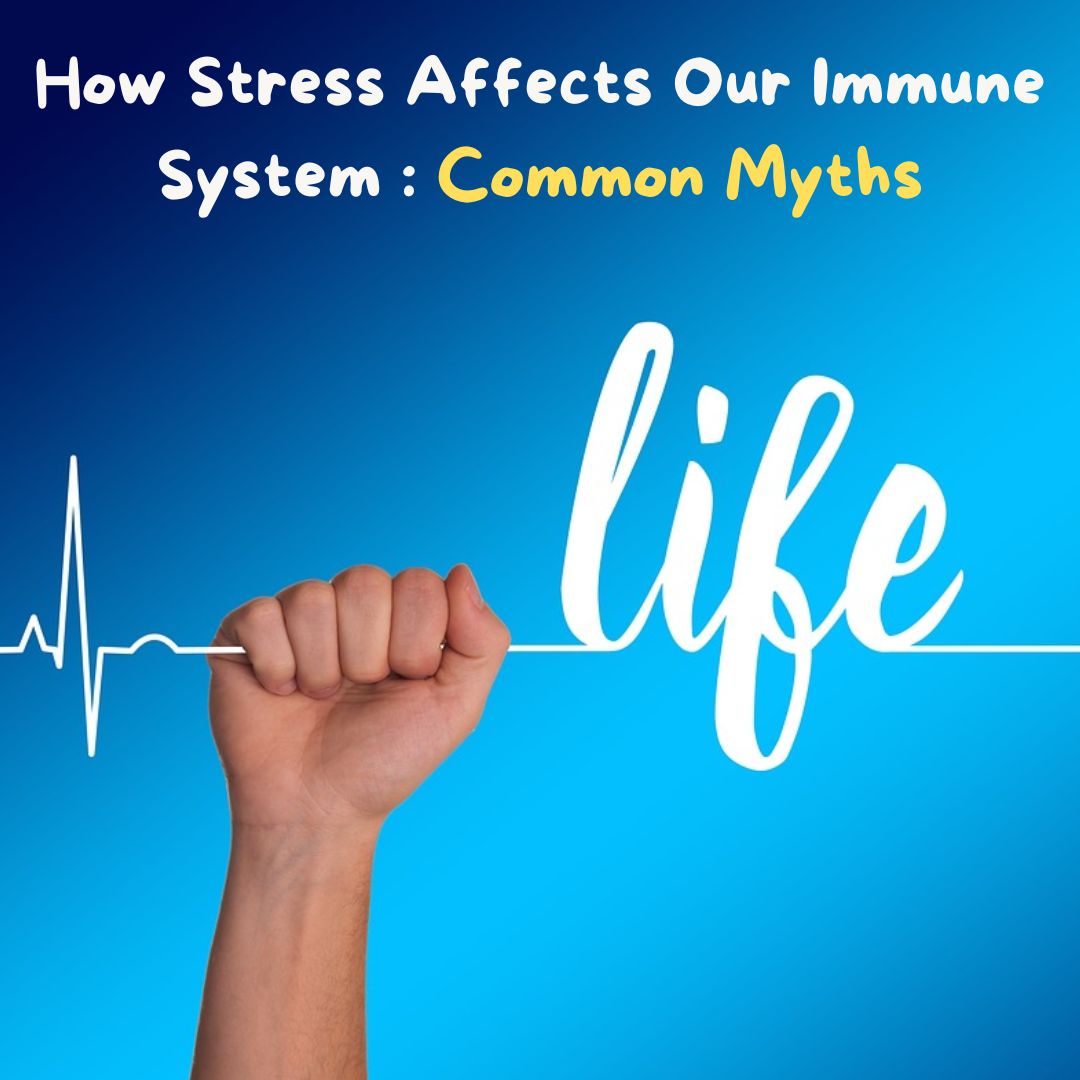Understanding Body Dysmorphic Disorder: A Guide to Help and Hope

Today, we're talking about something really important that a lot of people struggle with but don't always understand well: Body Dysmorphic Disorder, or BDD for short.
What is Body Dysmorphic Disorder
Body Dysmorphic Disorder is a condition where a person can’t stop thinking about flaws in their appearance. These flaws might seem minor or even invisible to others, but to the person with BDD, they feel huge and overwhelming. This constant worry can cause a lot of stress and make everyday life really hard.
Signs of Body Dysmorphic Disorder
If someone has BDD, they might:
Obsess Over Appearance: Spend a lot of time thinking about and checking their appearance.
Engage in Repetitive Behaviors: Keep looking in mirrors, picking at skin, or asking others if they look okay.
Avoid Social Situations: Stay away from social events or public places because they fear others might judge them.
Feel Distressed: Experience high levels of anxiety, depression, and low self-esteem.
A doctor or therapist usually diagnoses BDD by talking with the person about their thoughts, feelings, and behaviors.
Why Does BDD Happen
We don't know exactly why BDD happens, but it seems to be a mix of different things like:
Genetics: It can run in families.
Brain Chemistry: There might be imbalances in certain brain chemicals.
Personality: People who are perfectionists or have low self-esteem might be more likely to develop BDD.
Life Experiences: Bullying, trauma, or societal pressures about appearance can also play a role.
How BDD Affects Life
BDD can really take over a person's life. It can:
Hurt Relationships: Make it hard to connect with friends and family.
Impact Work or School: Make it tough to focus, leading to problems with work or studies.
Cause Physical Harm: Repetitive behaviors like skin picking can lead to injuries and infections.
Getting Help for BDD
The good news is, there are ways to manage BDD:
Therapy: Cognitive Behavioral Therapy (CBT) can help people change the way they think about and react to their appearance.
Medication: Some medications, like antidepressants, can help with the symptoms.
Support Groups: Talking to others who have similar experiences can be really comforting.
Self-Care: Building healthy habits, practicing mindfulness, and doing things that boost self-esteem can make a big difference.
How to Support Someone with BDD
If you know someone with BDD, your support can be really helpful:
Be Kind and Patient: Show them empathy and understanding.
Encourage Professional Help: Suggest they talk to a therapist or doctor.
Avoid Reassurance: Instead of telling them they look fine, focus on how they feel and what might help them.
Conclusion
Body Dysmorphic Disorder is tough, but people dealing with it can find relief and lead happy lives with the right support and treatment. At Track Boons, we're here to spread awareness and provide resources for those affected by BDD and other mental health issues. Remember, getting help is a brave step, and nobody has to face this alone.
Thanks for reading! If you found this article helpful, please share it with others. For more on mental health and wellness, keep visiting Track Boons.
Leave a Comment
Comment Section
Related Blogs



